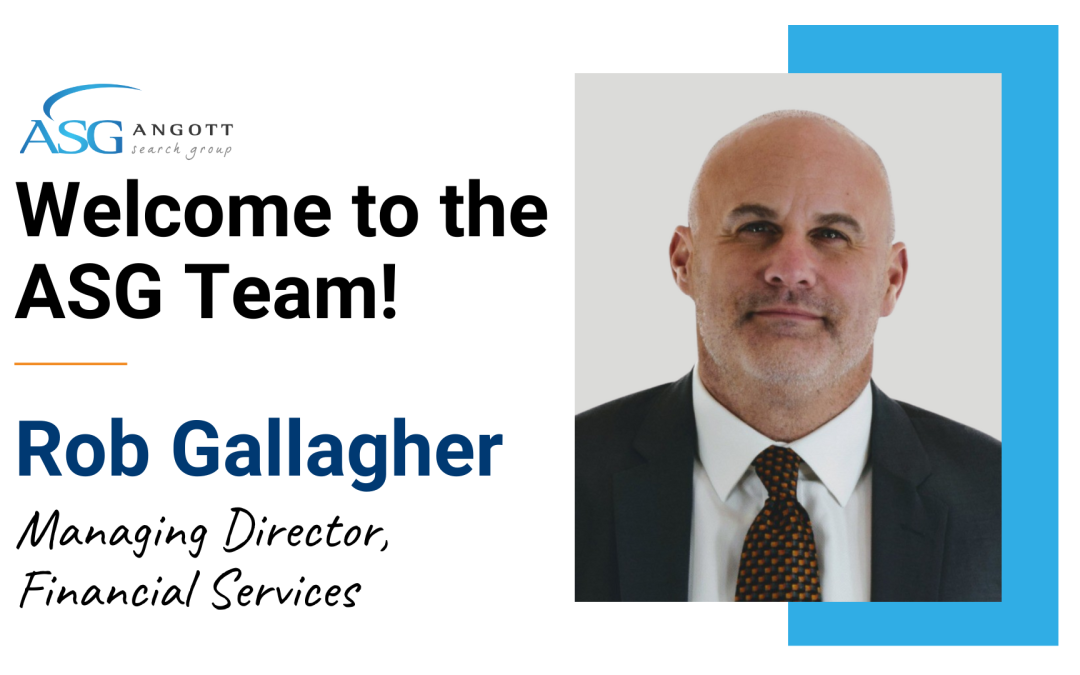Alain Hunkins | Forbes | August 16, 2023
In today’s ever-changing business landscape, building trust with employees is a key ingredient of effective leadership. Trust is the foundation upon which healthy working relationships, open communication, and employee engagement are built. Leaders who prioritize building trust with their employees reap numerous benefits, including increased job satisfaction, enhanced collaboration, greater well-being, and improved overall performance.
While all that might sound like common sense, it’s not common practice. In a recent 2023 survey, Gallup found that only 21% of U.S. employees strongly agree that they trust the leadership of their organization.
Why is building trust so challenging for so many leaders? The answer lies in the sneaky nature of trust. For starters, trust is an intangible. For instance, if someone were to say to you, “go build trust with your team”, what exactly would you do? Trust isn’t an action. It’s an outcome based on a series of other actions.
Next, trust exists in the eye of the beholder. While you may be certain that you’ve built a bond of trust, the other party involved may beg to differ. For example, in the 2023 PwC Trust In Business Survey, 84% of business executives think that customers highly trust the company, yet only 27% of customers say the same.
Another reason many of today’s leaders have a hard time building trust is because they’ve unconsciously adopted a set of leadership habits from the leaders who came before them. This inherited leadership legacy is one in which effective leadership meant commanding and controlling, and ‘strong’ leaders exercised their authority through fear. Today’s leaders who cling to this outdated mindset are clinging to a recipe for failure.
Leadership Blindspots
Even if you strive for excellence in everything that you do, you (and all leaders) are human. As human beings with human brains, we’re hardwired with cognitive biases. These biases are systematic errors in thinking based on how the brain attempts to process and interpret information from the world around us. Some of these biases, if left unchecked, can wreak havoc on leadership effectiveness. Think of these particular biases as leadership blindspots.
Leadership blindspots can be tough to root out. Daniel Kahneman, Nobel prize winner and discoverer of cognitive biases, understood this when he wrote, “We’re blind to our blindness. We have very little idea of how little we know. We’re not designed to know how little we know.” Given the elusive nature of trust, it’s important to detect the leadership blindspots that will cause employees to trust you less. After all, the first step towards not falling into pitfalls is to recognize they exist.
There are three key leadership blindspots that hinder trust. They are:
- The Fundamental Attribution Error
- The Leadership Shadow
- The False Consensus Effect
The Fundamental Attribution Error
Have you ever rebuked an employee or colleague for not replying to one of your emails, but come up with an excuse as to why you didn’t reply to someone else’s email? This is the Fundamental Attribution Error (FAE) in action. The FAE refers to the human tendency to attribute someone else’s behavior to their character, while attributing our own actions to an external situation. It’s a convenient way to hold yourself to a lower standard.
When it comes to trust, you set the tone as a leader. Your people will mirror back the intention that they perceive coming from you. If you approach relationships doubting others’ intentions, they will certainly doubt yours. Is your baseline belief that trust only comes after it’s earned? Or is it assumed until proven otherwise?
At its core leadership is a relationship. It doesn’t matter whether you trust you. The real question is: Do others trust you? To avoid the FAE, start by being more self-aware. Notice when you judge someone’s action based on a perceived ‘character defect’. When you find yourself judging others, rather than rushing to conclusions, consider alternatives to explain the behavior. You can also consider relevant previous situations. In addition, you can use inquiry to get more information from them about what’s going on. This will help you make a more informed (and calm) decision about the situation and relationship moving forward.
The Leadership Shadow
The fact is, no matter where you live or what your level of leadership, you’re being watched. Right now. If you lead people, those you lead are studying your words and actions for signs and signals.
They’re seeking clues of connection. They want to know if they belong, are approved of, and if their future place in the tribe is secure.
Don’t take all this scrutiny too personally. It’s not just you. This happens to all leaders. Yet, while you shouldn’t take the scrutiny personally, you should take the consequences of it very personally.
Once you take on the role of leader, you are viewed differently. You live in the heat of a spotlight, and under the focus of a microscope. Your people spend their nights and weekends thinking about you, wondering what you think about them. The irony of course, is you’re probably not thinking about them. You’re thinking about all the other things you need to get done.
If you’re going to lead effectively, you need to embrace the spotlight. It’s an integral part of your job. Use its heat to amplify your message. However, you also need to be aware of the shadow that’s cast by this light. Because of your role, people will ascribe all sorts of things to you that may or may not have anything to do with you. They will also make up stories about what those things mean. And, in the absence of overt and clear communication from you, those stories will tend towards the negative. This will erode trust.
Because people see every move you make, you’ll want to make sure you’re making the right moves. Being perpetually alert to what you do and say is one of the most important habits for leaders to cultivate. Self-awareness takes work. Moreover, it’s not enough just to be mindful of all that you do and say. It’s also important to be attentive to what you don’t do and don’t say. After all, non-behavior also sends a message, and it also gets put under a microscope and picked apart.
The False Consensus Effect
Have you ever caught yourself thinking, “I sent the email-they should know what to do!”, or “Don’t they realize how important this is?” Such thoughts are warning signs of the presence of the False Consensus Effect. This cognitive bias is the tendency to overestimate how much others agree with us. This leads people to believe their own ideas are typical, and most others share the same beliefs.
In organizations, between objectives, deadlines, stakeholders, and expectations, there’s already a huge value placed on driving for results. However, the False Consensus Effect often causes leaders to drive for results by driving over the people who are trying to deliver those results. By assuming everyone’s already on the same page, leaders bulldoze through decisions, without checking to see what others really think. It doesn’t take many times of being on the receiving end of a bulldozer before trust disappears.
The way to combat the False Consensus Effect is simple. Take the extra step to find out what people’s opinions are. Pro tip: Make sure not to fake this step. Everyone can tell when leaders ask for opinions but have already made up their mind about a decision. Such lip service at getting input is worse than not asking at all. As a rule of thumb, if you work towards making your communication a dialogue instead of a monologue, you’ll be well on your way to eradicating this leadership blindspot.
Trust is the invisible thread that weaves through the fabric of successful companies. It’s the catalyst for effective connection, communication, and collaboration. To effectively navigate the intricacies of today’s workplace, you need to be aware of the three key leadership blindspots that hinder trust, and then be intentional about overcoming them.




